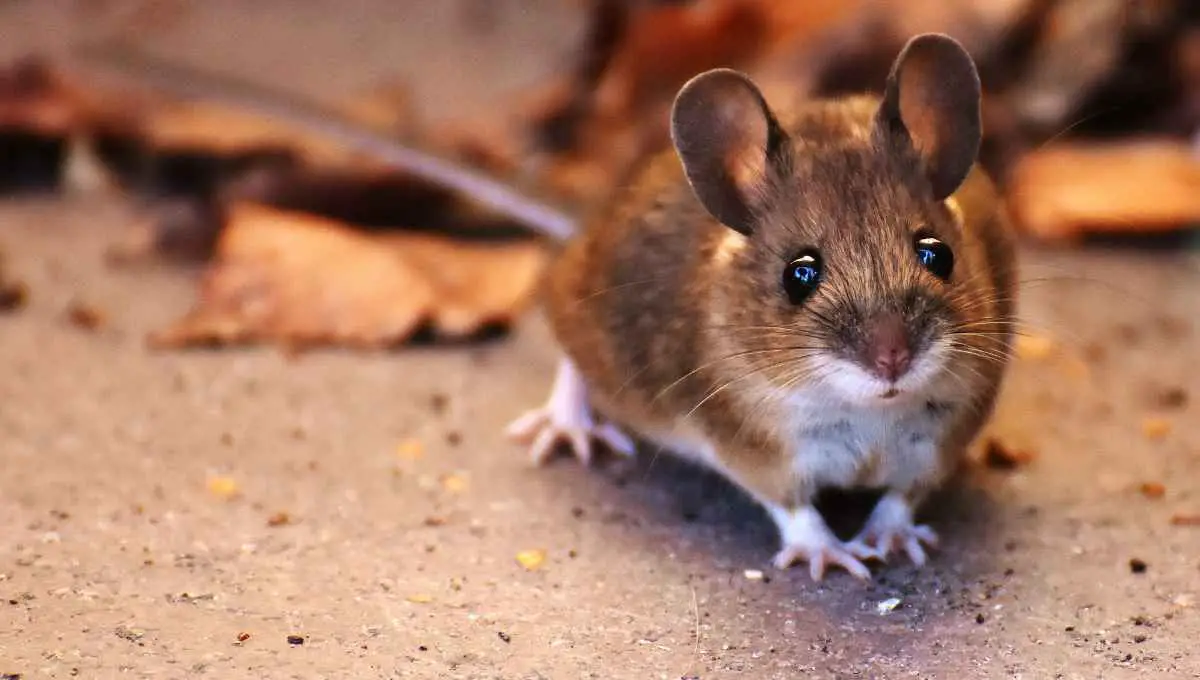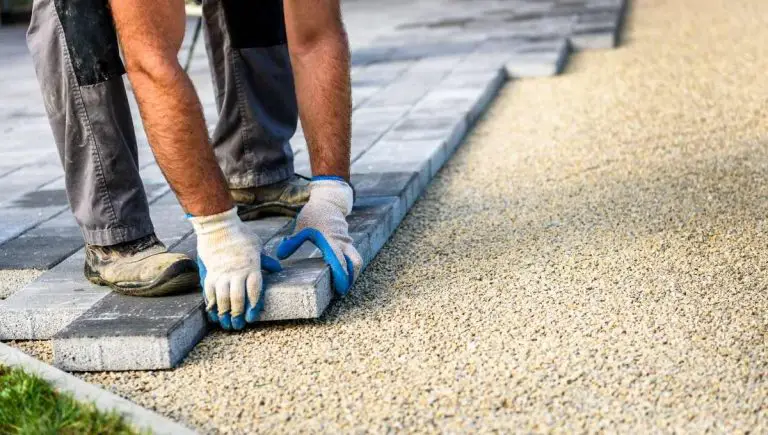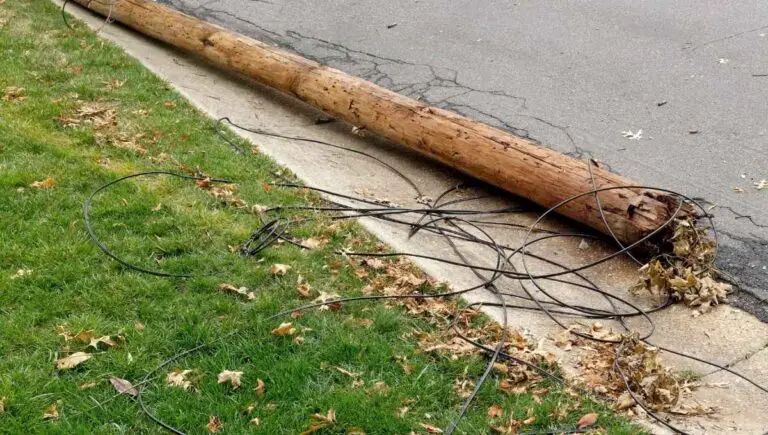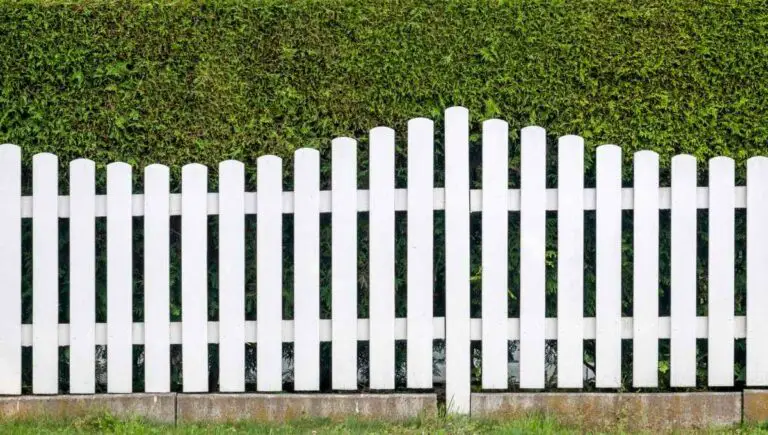Is It Illegal to Put Rat Poison in My Yard? (Official Rules)

Rats are symbolic of an unhygienic environment, so naturally, you would not want these pesky rodents running across your yard. To get rid of the rodents, you could reach for the pesticide. However, is it illegal to put rat poison in your yard?
The EPA allows bait stations that contain no more than 1 pound of bait, which uses active ingredients, to be used on residential properties. When you use rat poison, be sure to read the instructions on the label carefully and follow them diligently.
A home with rats is not a pleasant place to live. This article discusses various rat elimination options and everything you need to know regarding rat bait stations.
This post contains affiliate links from Amazon and other stores. This means Yard Blogger may earn a commission if you make a purchase using any of our links. Please refer to our full affiliate disclosure policy for full details.
Here’s a Quick Pro Tip!
Rat Elimination Products Available On Amazon:
1. Rat Pesticide – EPA-approved and uses active ingredients.
2. Bait Station– ideally used with pesticides to protect wildlife, pets, and other humans.
3. Snap Trap– alternative if you don’t want to take the risk of pesticides.
The Laws Surrounding Rat Poison
The laws regarding rat poisoning can differ per state. Still, generally, it is accepted that you can use any rat pesticide currently available – if you read the instructions on the label carefully.
The Environment Protection Agency conditions that pellet baits are no longer permitted to be used as rat poison. Alternatively, ready-to-use bait stations which contain either bromethalin, chlorophacinone, or diphacinone could be purchased and used.
However, some of these active ingredients may only be used by professional pest control officers.
Rat Poisoning With No Bait Station
A bait station is a form of protection that prevents other animals and people from accidentally ingesting pest poison. Using rat poison without a bait station can substantially increase the risk of other pets and small children being exposed to harmful chemicals on the property.
You should preferably always use bait stations when using any pesticides – including rat poison.
Potential Harm to Non-Target Animals
Rat poison is toxic to rats and rodents (obviously), but it can also be harmful to any other animal that comes in contact with the substance. Pets, such as cats and dogs, are particularly vulnerable since they tend to scavenge outside in the yard often.
The poison can also pose a threat to other wildlife in the area, including birds, squirrels, raccoons, etc. There really are no animals that are ‘safe’ to ingest rat poison.
This is why it is vital to carefully follow the instructions on the label and use bait stations wherever you decide to plant the pesticide.
It’s Not Good For Your Yard
Pesticides should not be left outside for an extended period of time. The instructions on the label should inform you exactly how long you should leave the rat poison in a bait station for maximum effectiveness.
How Long Does It Last Outside?
You cannot leave rat poison lying outside indefinitely, as this could be extremely harmful to the environment and other wildlife in the area. Leave the poison in the bait station for a week or two before throwing it out if it does not attract any rats/rodents.
You might also enjoy our post on Whether It Is Illegal To Shoot Birds In Your Backyard
Attracting More Rats
A popular myth about rat poison is that it attracts more rats to your property. However, this is not true. Pesticides do not have any ‘attracting’ qualities – like smell or taste that would encourage more rats to come.
Rat/rodent poison is designed to work over a period of a few days or even weeks after being ingested. This is to allow the rodents to scurry back to their nests and potentially infect more rats rather than dying somewhere on your property.
Other Elimination Methods
When considering methods to keep rats away permanently, it’s important to remember that prevention is key. It’s much easier to prevent a rat infestation than to try and deal with the aftermath.
You should keep your space as clean as possible to keep rats away permanently. Rats are attracted to garbage since they are scavengers. Any garbage or spoilt food should be placed somewhere rats cannot reach it. Seal up any cracks or gaps in your walls or floors, which are the entry points for rats into your house.
If you are able, consider adopting a cat from a local shelter. Cats are natural predators of rodents, so they will most likely ward off any unwelcome rats. Having a cat on your property also trains the rats to stay away.
Alternatively, you can place snap traps or live traps around your property to catch and kill any rats trying to sneak into your house. Using pesticides is, of course, also an option; just be sure to follow the instructions carefully.
Getting Rid Of Rats In Your Yard
Having rats in your yard can be quite off-putting, so here are a few steps that you can follow to get rid of these pesky rodents:
- Remove water and food sources – fix any pipe leaks and remove any fallen fruit or other potential food sources. These are the most likely to attract rodents and other wildlife to your yard.
- Remove clutter and debris – remove any old scrap or woodpiles from your yard. These are the perfect shelter for rats, and they could most likely decide to build a nest underneath your clutter without your knowledge.
- Set traps and use pesticides – as we’ve discussed in this article, follow the instructions on pesticide labels to a T, and this should significantly help to reduce the rat population in your yard.
- Get professional help – if all else fails, enlist the help of an accredited pest control service to control the potential rat infestation.
You might also enjoy our post on Whether You Can Shoot Rats On Your Property
Final Thoughts
It is completely legal to use rat poison in your yard when it is bought from a reputable source. No matter which pesticide your purchase, always read the instructions on the label carefully, and we highly recommend using a bait station as well.






